EU must continue to prioritise swift and predictable emission reductions to become carbon neutral by 2050
The proposed monitoring, reporting and verification framework should be used to incentivise carbon removals
Verified emission and removal data from farms must be available well before 2026
Carbon removals from forests, agricultural practices or technological solutions must play a growing role in achieving climate neutrality in the EU by 2050.
In a resolution on Sustainable Carbon Cycles, adopted by Parliament on Tuesday with 323 votes to 257 and 59 abstentions, MEPs recognise they have the potential to limit climate change but stress that the EU must always prioritise swift and predictable emission reductions. They also warn the EU against relying too heavily on future CO2 removals to become climate neutral and achieve net-negative emissions after 2050.
Parliament takes note of the Commission’s proposal for a regulation on establishing an EU certification framework for carbon removals and the Commission’s intention to put in place a framework to identify activities that clearly remove carbon from the atmosphere. They stress that such a new monitoring, reporting and verification (MRV) framework should be used to incentivise carbon removals.
Carbon farming and forestry
MEPs underline that agriculture and forestry should play a significant role in achieving the EU carbon removal target from the land use sector. Increasing the amount of carbon in the soil also brings multiple benefits, including improved soil quality and fertility.
Plenary asks the Commission to ensure verified emission and removal data from farms are available well before 2026 in order to use them in the framework of the Sustainable Food System legislation as well as in the next reform of the Common Agricultural Policy.
According to MEPs, carbon farming is an opportunity for farmers to transform their business model and to better reward those who are voluntarily engaging in a transition towards agro-ecological and sustainable agroforestry practices that also promote biodiversity.
Industrial Sustainable Carbon
The resolution states that technologies such as direct air capture that are combined with permanent storage and are scientifically proven and environmentally safe can contribute to achieving EU climate neutrality.
MEPs also underline that solutions based on carbon capture and storage (CCS) and carbon capture and use (CCU) technologies can play a role in decarbonisation. They call on the Commission to establish a system to trace captured CO2, distinguishing between carbon capture on site and from the atmosphere in order to avoid double counting. They strongly encourage the Commission to clarify the issue of liability for harm caused to human health, climate and the environment, if carbon removals are reversed.
Quote
After the vote, the rapporteur Alexander Bernhuber (EPP, Austria) said: “We support sustainable carbon cycles and the concept of carbon farming, which can actively contribute to climate change mitigation. Carbon farming can become another source of income for European agriculture and forestry. We also believe it should be voluntary and incentive-driven without unnecessary bureaucracy and obligations.”
Background
Removing carbon through forests, agriculture and technological solutions can play an increasing role in the EU becoming carbon neutral by 2050, as each single tonne of CO2eq emitted into the atmosphere will have to be neutralised by a tonne of CO2 removed from the atmosphere. In December 2021, the Commission adopted the “Communication on Sustainable Carbon Cycles”, which sets out an action plan on how to develop sustainable solutions to increase carbon removals.
In adopting this resolution, Parliament is responding to citizens’ expectations to introduce a certified system of carbon removal as part of a safe and sustainable food production as expressed in Proposals 1(5) of the conclusions of the Conference on the Future of Europe.
Artigo publicado originalmente em Parlamento Europeu.

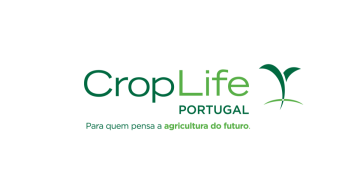



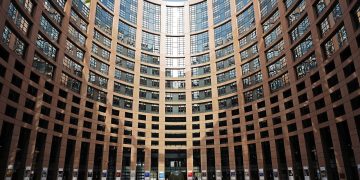
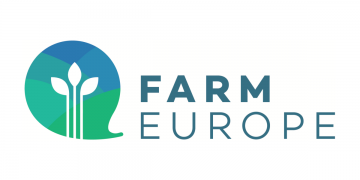
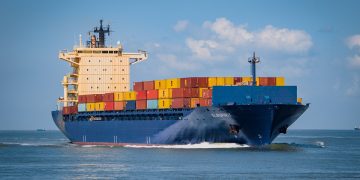
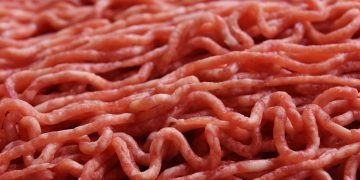











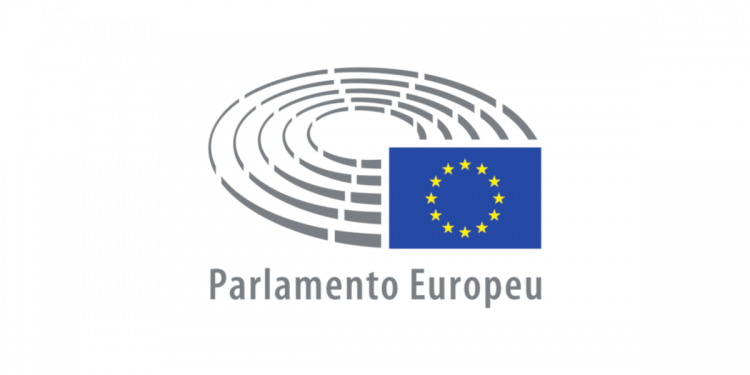

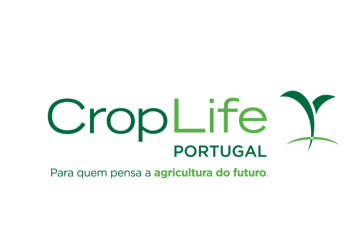
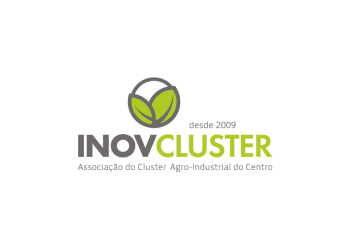































Discussão sobre este post